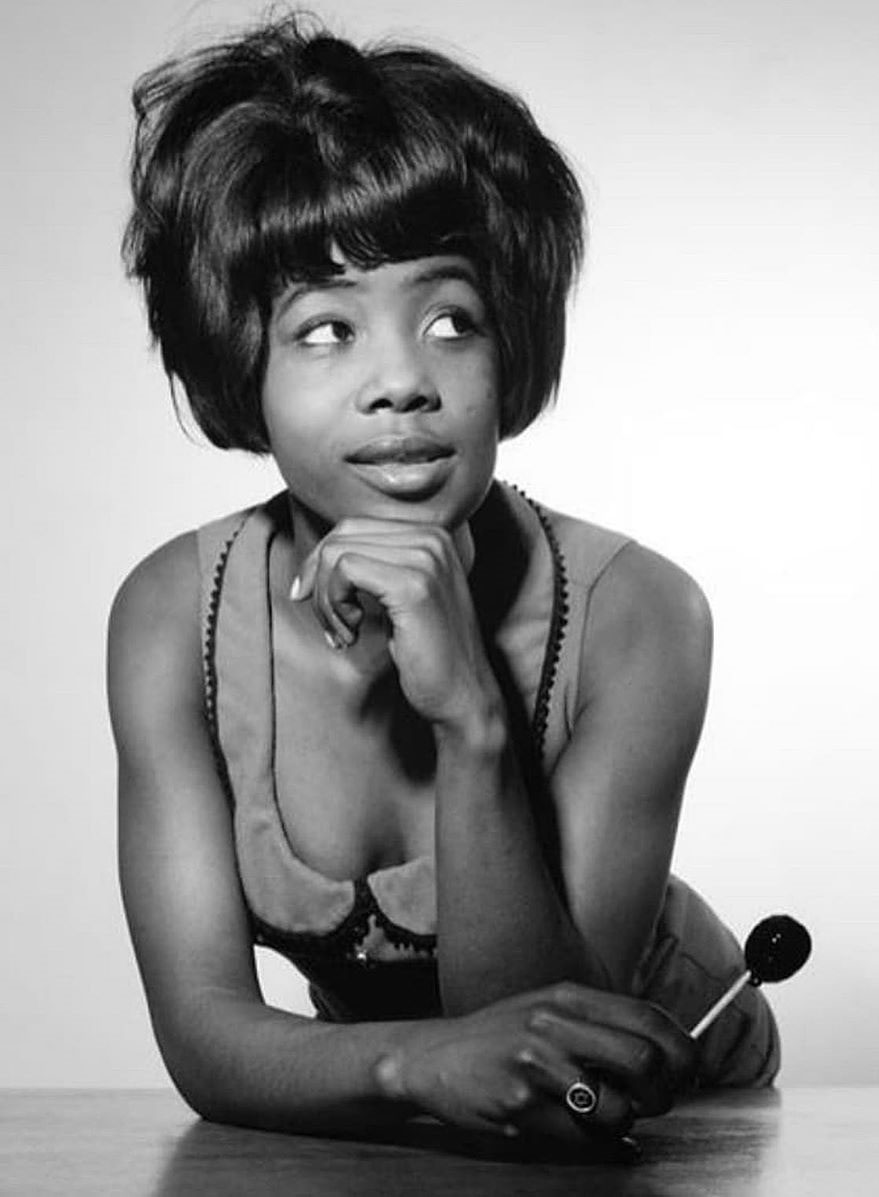My boy lollipop
You make my heart go giddy up
You are as sweet as candy
You’re my sugar dandy
My boy lollipop
Never ever leave me
Because it would grieve me
My heart told me so
I love you, I love you, I love you so
But I don’t want you to know
I need you, I need you, I need you so
And I’ll never let you go
My boy lollipop
You make my heart go giddy up
You set my heart on fire
You are my one desire
My boy lollipop
Millie Small
Today, the legacy of this music rules popular culture around the world, but especially in every corner of the Caribbean region. It has grown to be a powerful sub-culture in the Caribbean, but also in many of the world’s great cities, especially those with the presence or the influence of West Indian immigrants or their descendants. Flying into the face of history, it has colonised London, New York, Miami, Toronto, and Birmingham, almost like writing back against the empire or chanting down Babylon.
Today it is dancehall music that rocks the popular culture in urban centres. It commands the airwaves, the music industry, international entertainment, and the communities. It has infiltrated the consciousness of the people, causing debates about whether it is for gain or for evil. It is an economic force with a major input into the GDP as a billion-dollar industry with employment, tourism, and foreign exchange. Yet some argue its role in mental corruption, violence, homophobia, misogyny, and sexual impropriety.


